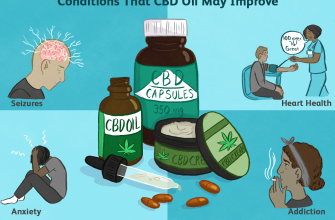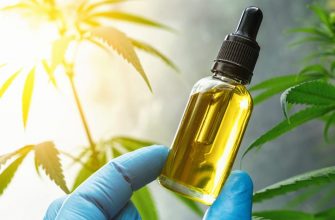 American scientists have published the results of a study on the impact of cannabis use on a person’s ability to work. Experts have found that a joint smoked after a shift will not harm the workflow.
American scientists have published the results of a study on the impact of cannabis use on a person’s ability to work. Experts have found that a joint smoked after a shift will not harm the workflow.
Cannabinoids are not advised to take before and during work
Project leaders recruited 281 employees from various companies and asked them to answer questions about when and how often they used cannabis. The researchers then contacted the supervisors of the volunteers and asked them to rate the professionalism of their subordinates on the following dimensions:
- the quality of the tasks;
- social behavior (desire or unwillingness to help colleagues);
- counterproductive actions.
After analyzing the answers of the respondents, the experts found that:
- smoking before and during work reduces the quality of task performance, negatively affects social behavior and increases the likelihood of counterproductive actions;
- the use of cannabinoids after work does not impair the professional skills of employees.
San Diego State University professor Jeremy Bernert commented on the test results: “Our study does not support the hypothesis that cannabinoid use has a negative impact on the work process. We have shown that smoking weed after a shift does not reduce work capacity.”
Cannabis relaxes and rejuvenates
According to Bernert, smoking cannabis after the end of the shift increases a person’s performance: “Cannabinoids help to distract from the stressful situations that arose during the performance of job duties. The relaxation caused by mj accelerates the process of energy recovery, so cannabis lovers return to work, full of vitality and ready work”.
The deterioration in professional qualities due to the use of cannabinoids before and during work is most likely due to a decrease in motivation. This theory is supported by the results of a study by researchers at University College London, during which volunteers used cannabis or a placebo and then performed various activities. For easy tasks they were paid 50 pence, for difficult ones – from 80 pence to 2 pounds. The test subjects who took cannabinoids were 16% less likely to choose difficult tasks, preferring simple assignments.
The second phase of the experiments involved 20 people who did not smoke marijuana, and 20 cannabis addicts who abstained from use for 12 hours before the start of the study. The test group completed similar tests and earned roughly the same amount. Thus, experts have found that the motivational deficit caused by smoking weed is short-term and lasts less than 12 hours. Therefore, in the case of marijuana use after work, the negative effect ends by the morning of the next day.




